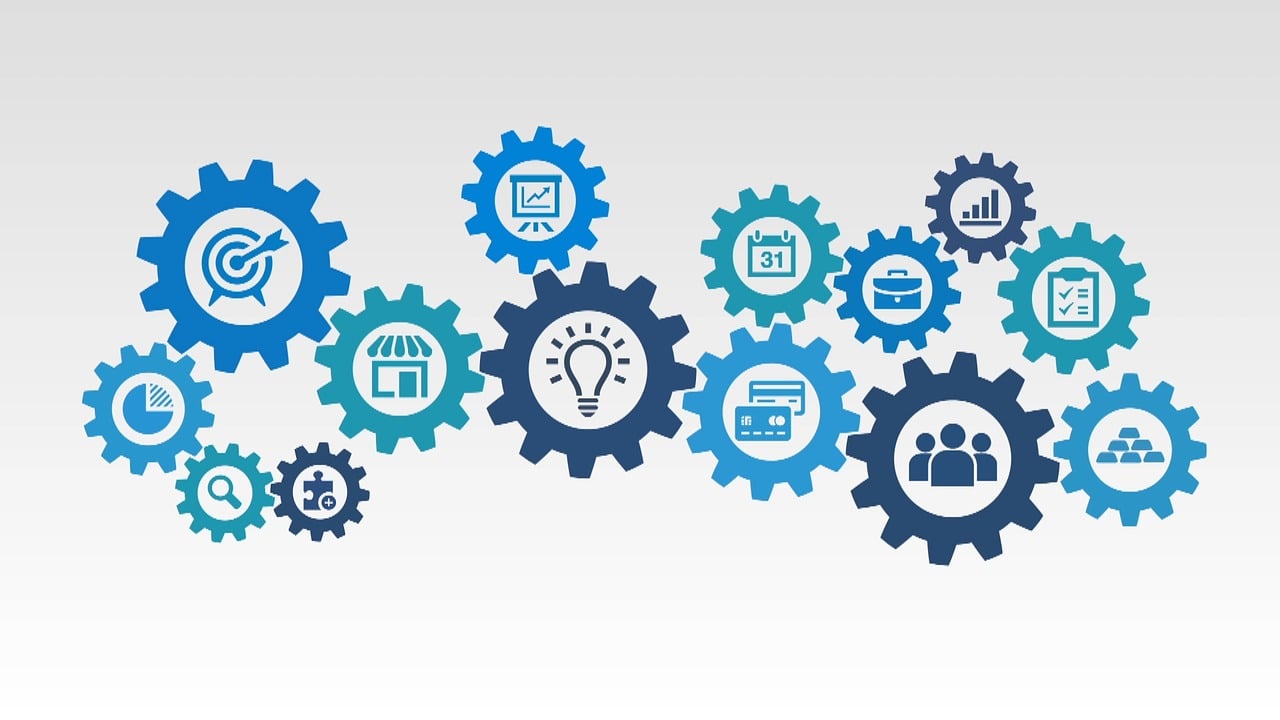Responsibilities and Resources
Planning data stewardship, resources and costs in your DMP helps to avoid confusion, duplication, or conflict among the research team and other stakeholders, to plan ahead and ensure the availability and suitability of the resources for the data management and sharing needs. It also helps to estimate the costs and benefits of the resources and justify their use.
Table of Content
Responsibilities
Data stewardship ensures that the data is properly managed, maintained, and used throughout the project lifecycle and beyond. It is therefore important to define the data stewardship roles and responsibilities of project members during and after the project.

These roles and responsibilities should include the following elements:
-
The tasks that each role will perform, such as collecting, cleaning, validating, documenting, sharing, or archiving data. These tasks should align with the project goals, objectives, and deliverables.
-
The duration of each role’s involvement in the project, whether it is for the entire project duration or for a specific phase or activity. This should also indicate when and how the tasks will be completed or transferred to other parties.

-
The training that each role will receive to perform their tasks effectively and efficiently. This should cover the technical skills, ethical principles, and best practices of data stewardship. The training should also be tailored to the specific needs and expectations of each role.
-
The succession plan that will ensure the continuity and quality of data stewardship in case of staff turnover or role changes among data curators. This should describe how the data stewardship responsibilities and knowledge will be transferred to new or existing staff members, and how they will be trained and informed about the data stewardship tasks.
Resources and Costs
Data management and long-term access require adequate resources and costs that need to be estimated and described in your project plan. These resources and costs may involve the following elements:
-
The hardware and software that you will use to store, process, analyze, and share your data.
e.g purchasing or renting servers, computers, storage devices, databases, applications, or cloud services.
-
The personnel that you will hire or assign to perform data management tasks, such as data collection, cleaning, documentation, curation, archiving, or dissemination.
e.g. paying salaries, benefits, or fees to data managers, analysts, curators, librarians, or consultants.

-
The training that you will provide or receive to enhance your data management skills and knowledge.
e.g. attending or organizing workshops, courses, webinars, or tutorials on data management topics, such as data quality, ethics, policies, or best practices.
-
The services that you will use or provide to facilitate data access and reuse by yourself or others.
e.g. subscribing or contributing to data repositories, platforms, portals, or networks that allow you to store, discover, access, or share your data.
Helpful Links
- UBC Research Ethics: Should I Apply?
- UBC Research Security: Applying for Grants Subject to Research Security Requirements
- Innovation UBC: Research Partnerships
- UBC Advanced Research Computing: Security & Privacy
Need help?
More questions regarding responsibilities and resources? Reach out to arc.support@ubc.ca or research.data@ubc.ca for help.
Loading last updated date...